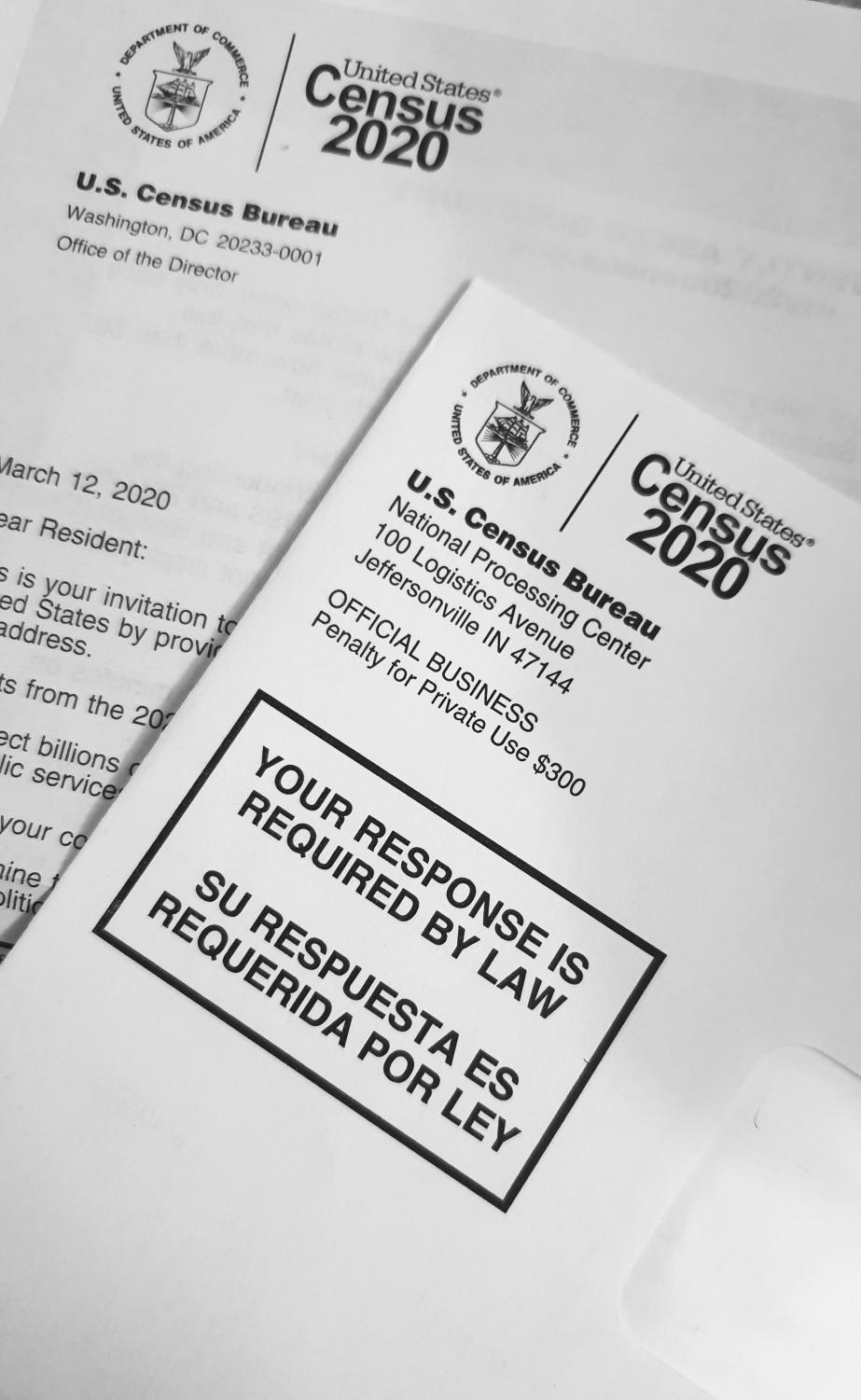On Feb. 12, the United States Census Bureau announced the delivery of redistricting data to the states has been pushed back to Sept. 30 due to COVD-19 related delays, almost six months later than legal deadlines.
The Census Bureau, delivered every 10 years, will diverge from previous censuses by releasing the data for all states at once.
MAPPING POLITICS
Every 10 years, California must re-establish the boundaries of its districts to reflect new and shifting populations utilizing data from the federal census.
In 2008, California voters decided to remove the task of redrawing state lines from politicians leading to the formation of the California Citizens Districting Commission. Through its website, citizens can participate in the redistricting process and submit their own district maps for the panel to consider.
California uses an independent commission made of 14 citizens—five Democrats, five Republicans and four that are not affiliated with either party—who will be responsible for drawing the new district lines. The first eight commissioners were randomly selected on July 2 who then selected the final six commissioners, according to BallotPedia.
According to The Mercury News, the new maps will greatly affect who wields political power in the state for the next decade.
THE CENSUS DELAY
Before California can hold its primary election, the state has to receive population data from the most recent Census in order to create district maps so that candidates know who they are running against and what they will be running to represent, according to Cal Matters.
In an interview with U.S. News & World Report, Sacramento redistricting consultant Paul Mitchell explained that both potential candidates and election administrators are affected by the delayed census data.
“It would be impossible for them to collect signatures when they don’t know what the lines are,” Mitchell said. “All these things, they’re all asking for time, and it’s all just getting crazy compressed because of this late census data.”
The California Supreme Court already has pushed back the deadline for the state’s redistricting commission to finalize new maps from Aug. 15 to Dec. 15. However, that was done based on the assumption that the U.S. census data would be released by July 31. Now, because of the continually changing deadline, California primary elections may be affected, according to NPR News.












